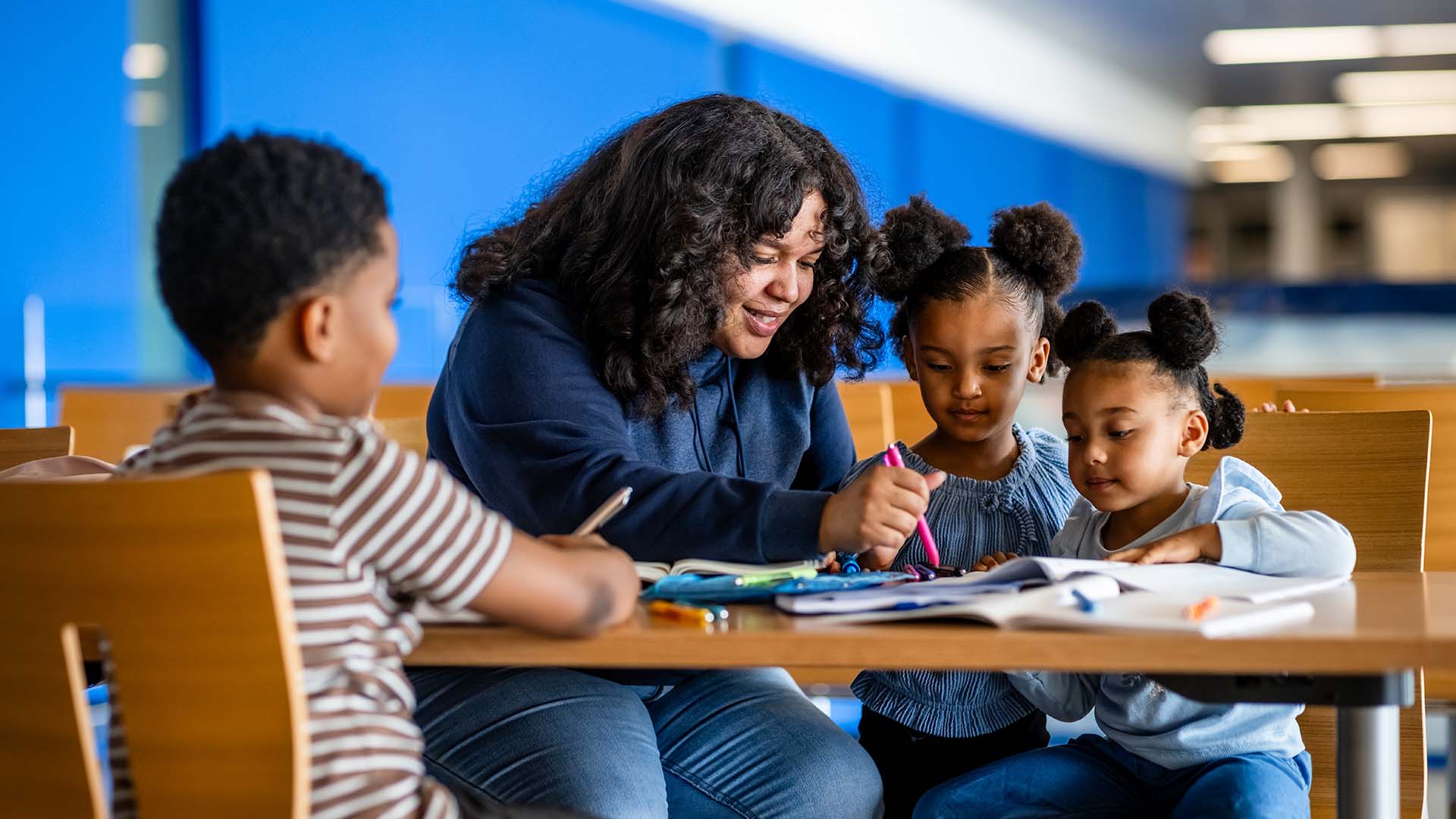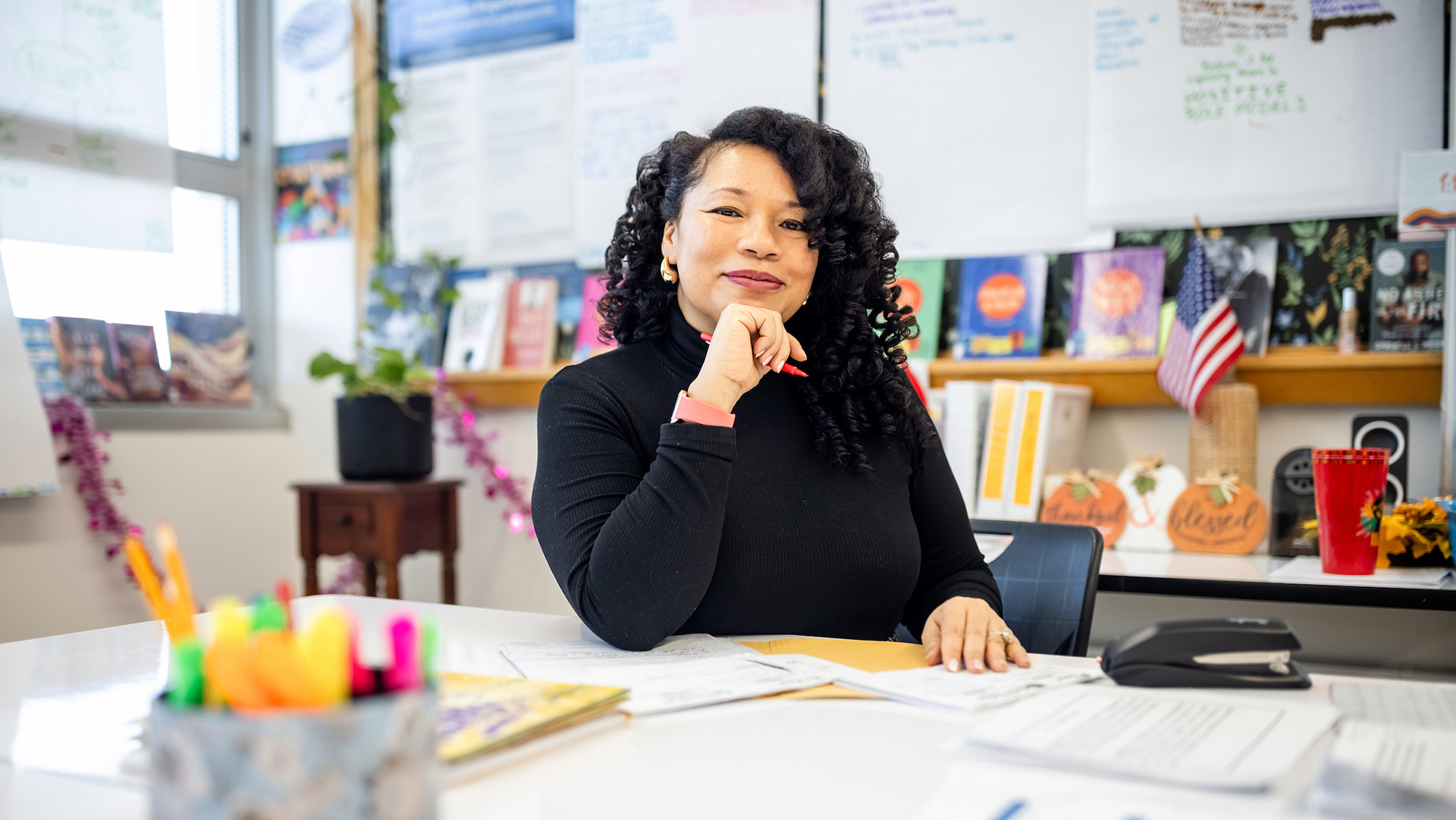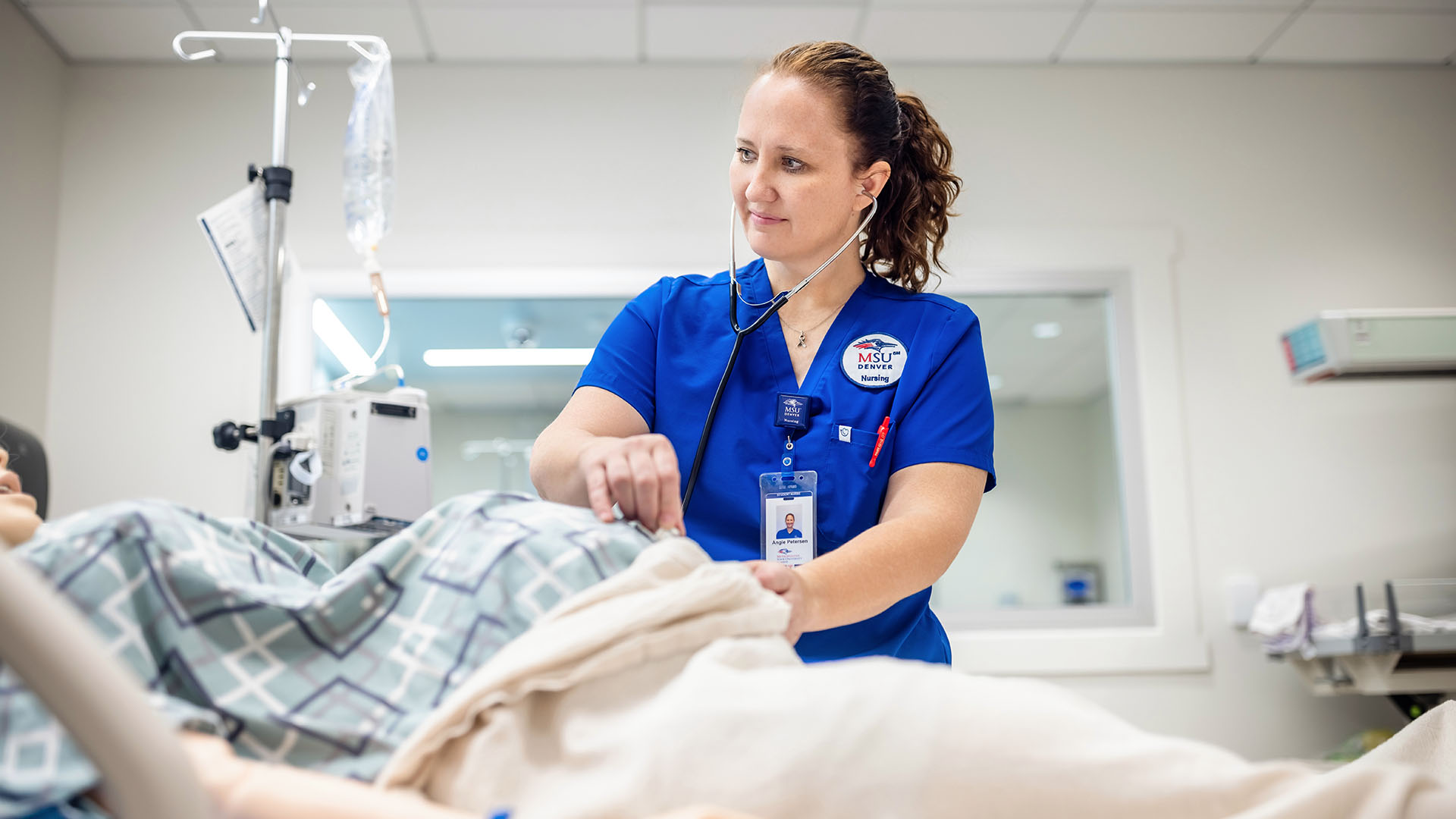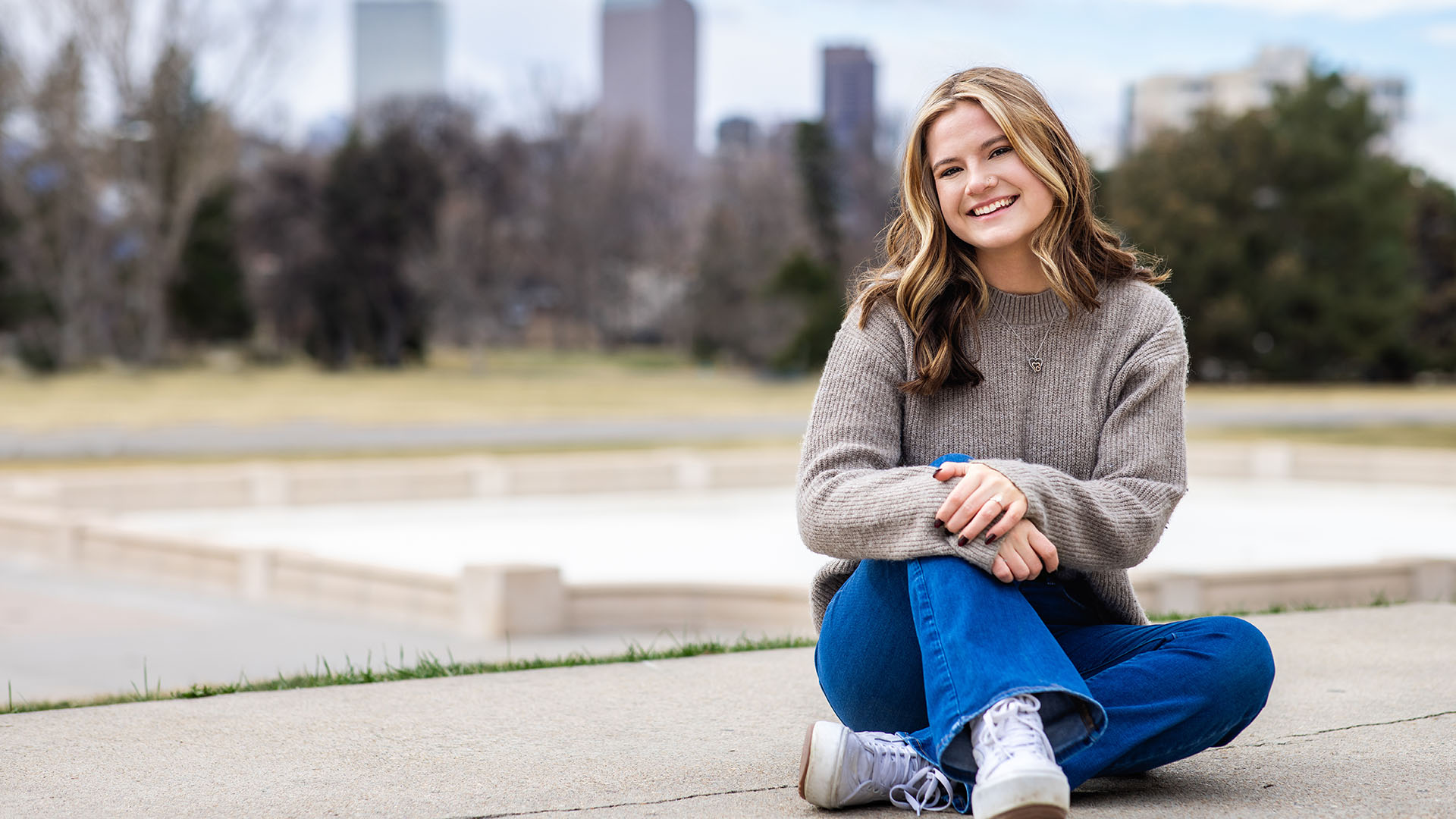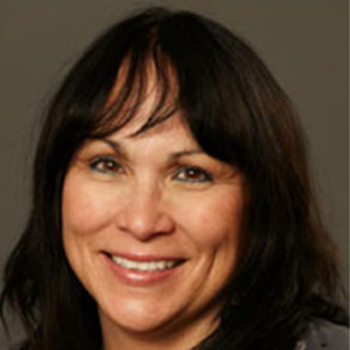New research reveals barriers to success for Indigenous students
Alumna Sarah EchoHawk aims to advance access to higher education for Native Americans.
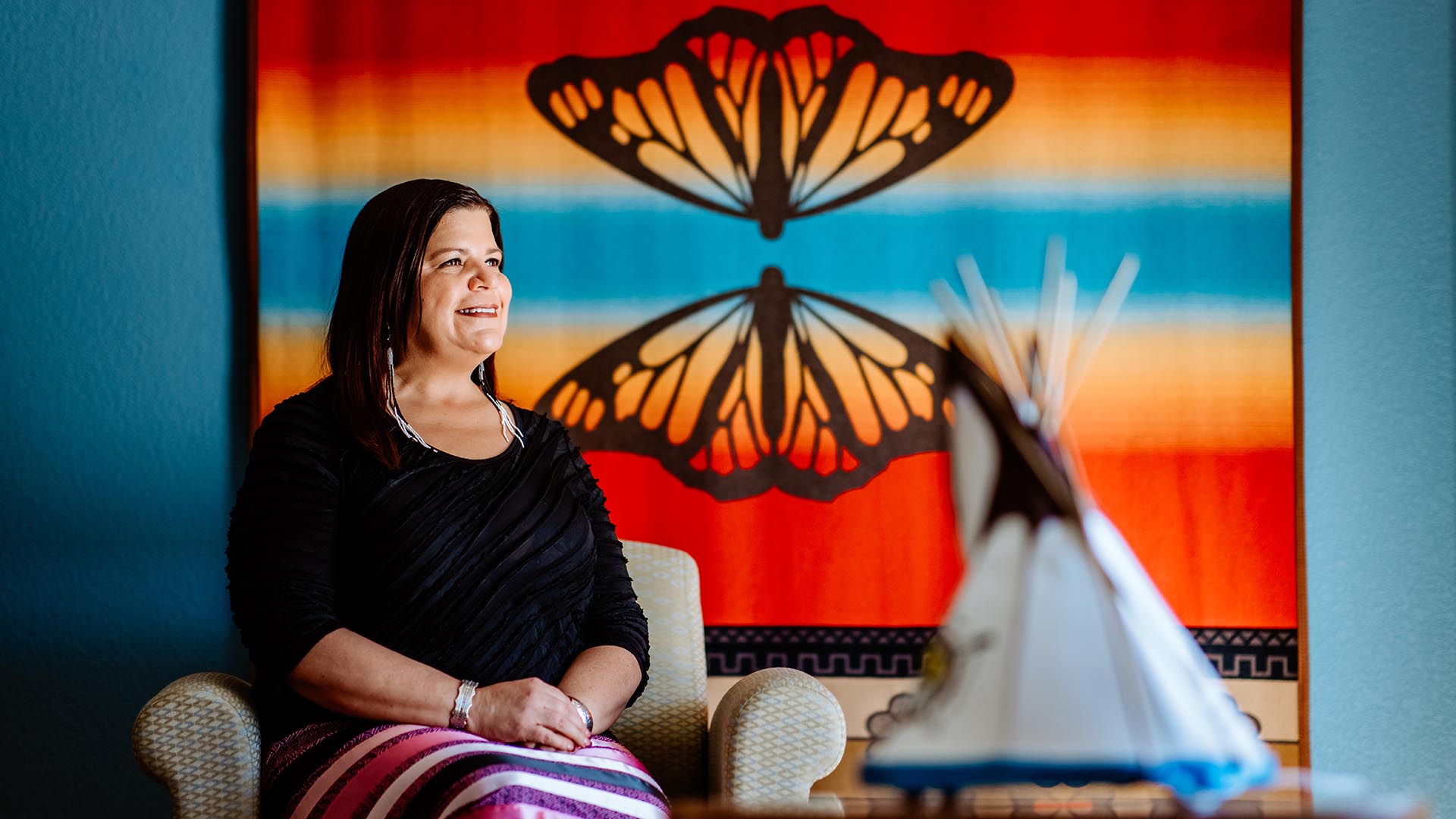
Sarah EchoHawk, Native American advocate and citizen of the Pawnee Nation of Oklahoma, describes education as “the great equalizer.”
EchoHawk is CEO of the American Indian Science and Engineering Society and has dedicated the greater part of her professional life to helping Indigenous students access higher education.
She recently helped lead an effort to produce the first national study on college affordability for Indigenous students. The research, which was a collaboration among four Native scholarship providers, found that affordability was the primary obstacle to college completion for Native students and often resulted in attrition.
“I hope this study will aid higher-education institutions in comprehending the unique challenges and factors Indigenous students face while navigating college affordability,” she said.
Drawing on experience
Through her life’s work, EchoHawk has upheld her family’s legacy.
Her father is John E. EchoHawk, a renowned civil-rights lawyer and founder of the Native American Rights Fund. His mentorship and words instilled the power of education in Sarah’s life. In fact, it was her father who first explained to her that education can be an equalizer.
“That’s what my dad always used to say,” she recalled. “As an Indigenous person, you have to get your education because that is the only thing that will level the playing field — it’s something no one can take away from you.”
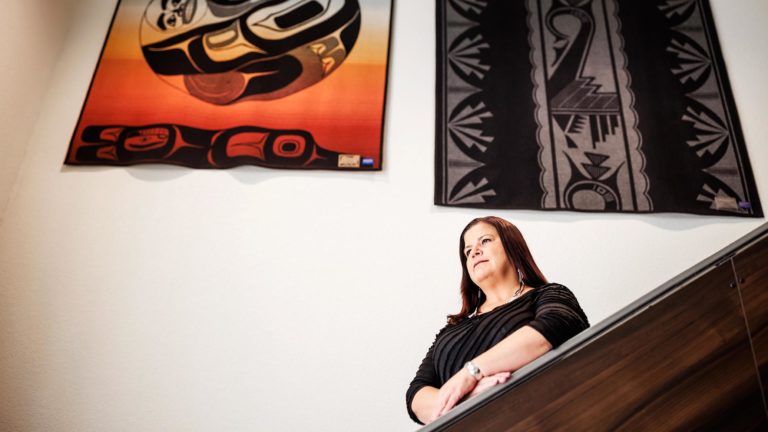
EchoHawk credits her time as a student at Metropolitan State University of Denver with being the “spark that lit the fire” in her work of uplifting Indigenous students. She said the sense of “invisibility” she often felt growing up dissipated when she found her place at the University.
Thanks to the mentorship of Oneida Meranto, Ph.D., a former professor and advisor in the Department of Political Science, EchoHawk connected with other Native American students for the first time and got involved on campus. She also began to understand the importance of building supportive and inclusive communities for Native American students attending universities.
RELATED: New program will pay for Indigenous students’ higher education
EchoHawk completed her Political Science degree in 1999 and became the first student to graduate with a minor in Native American Studies (Meranto was the longstanding director and founder of the program). And an internship at the American Indian College Fund while at the University officially launched her career.
Ongoing effort
While she and her collaborators’ research identified affordability as the primary challenge for Indigenous students considering college, EchoHawk noted there is still much work to be done once a student receives financial aid and sets foot on campus.
“You can go to any college with a fantastic opportunity, but if you’re socially isolated, you’re not really supported,” EchoHawk said.
“This is something I’ve been thinking about at AISES,” she added. “We can wrap our students in all these support services and give them money, but if they enter these institutions and there’s no sense of community, it’s going to be much more difficult for them to succeed.”
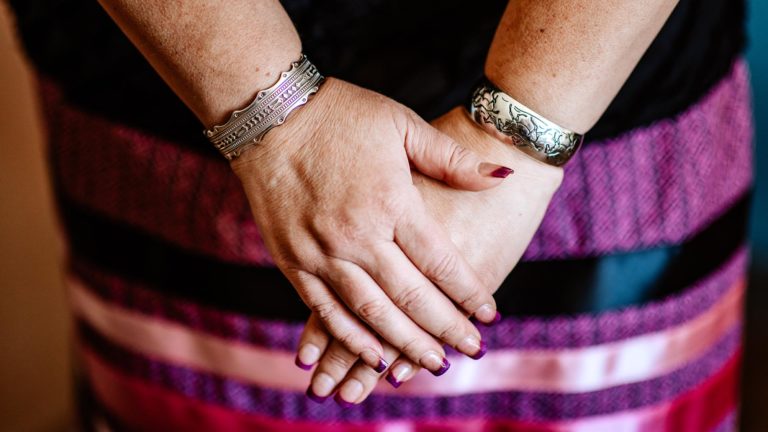
EchoHawk strives to help Indigenous students access not only undergraduate higher education but postgraduate education. The ultimate goal is for students to see representation at their schools and have mentors who have been in their shoes.
The challenges are myriad. But EchoHawk is optimistic as more institutions, including MSU Denver, have enacted programs that ensure tuition and mandatory fees are covered for Indigenous students.
“It’s a step in the right direction and a way to acknowledge our contributions,” she said.

